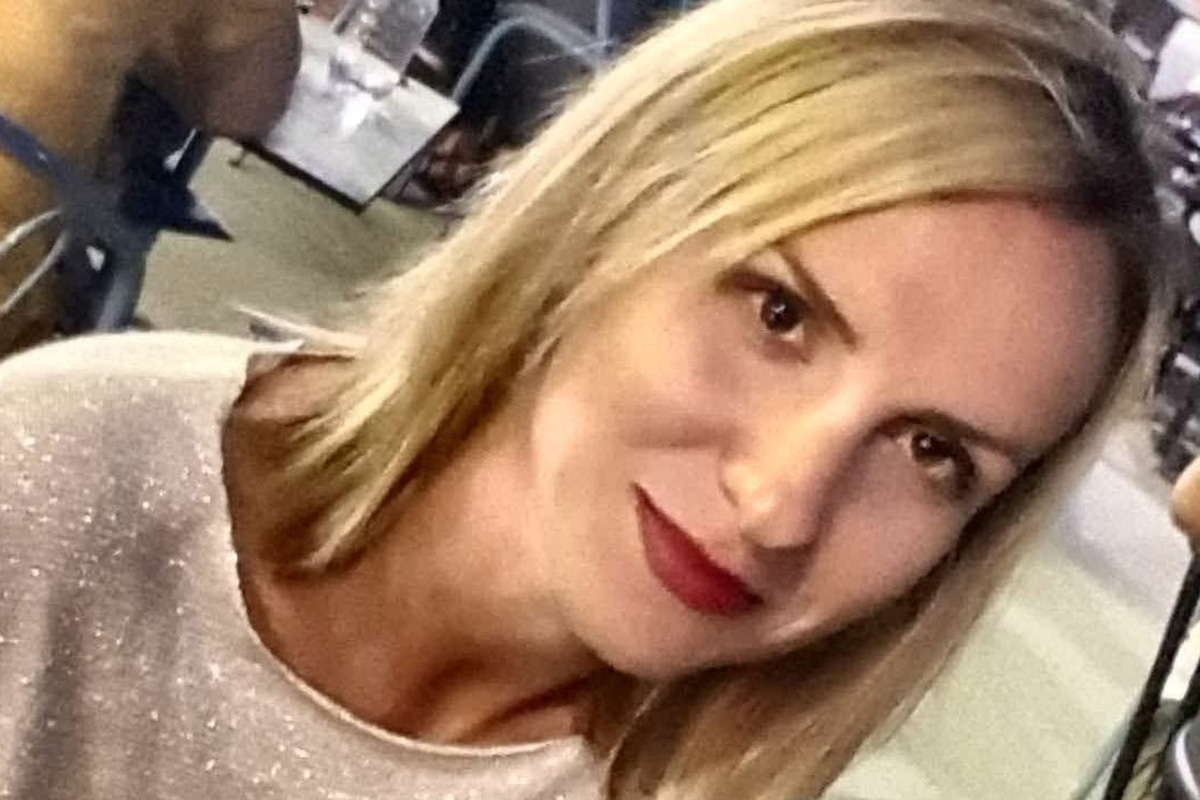Topic: Young Learners | Effective methodologies, classroom strategies, and teacher development practices designed to meet the needs of bilingual learners
Presenter: Ilda Veliraj
Presentation details
In bilingual schools where students are not native speakers of either the school’s main languages, English language instruction becomes a unique challenge and an extraordinary opportunity. This presentation will explore effective methodologies, classroom strategies, and teacher development practices designed to meet the needs of bilingual learners navigating two foreign languages simultaneously.
Drawing on classroom experience and current research, we will examine cognitive load theory in bilingual acquisition, translanguaging practices, and how to scaffold learning in a context where students lack a solid linguistic foundation in either language. The session will present specific examples of tasks and activities used in a bilingual primary and middle school setting where neither English nor the partner language (eg Italian, German, Spanish) is the students’ mother tongue.
We will also explore how to support teachers working in such environments, many of whom face unique pedagogical and cultural challenges. By the end of the session, attendees will leave with a toolkit of adaptable strategies to increase engagement, support comprehension, and promote bilingual and biliterate development in complex multilingual settings.
This presentation invites educators, school leaders, and curriculum designers to reflect on the future of English language teaching in increasingly diverse and linguistically complex classrooms.
About the presenter
Ilda Veliraj is an English and Italian teacher at Paolo Ars Genius Bilingual School in Tuscany, Italy.
With over 10 years of experience in language teaching and a Master’s degree in Law, she has worked with students from all over the world—many of whom are not native speakers of either of the two languages used in our bilingual curriculum.
